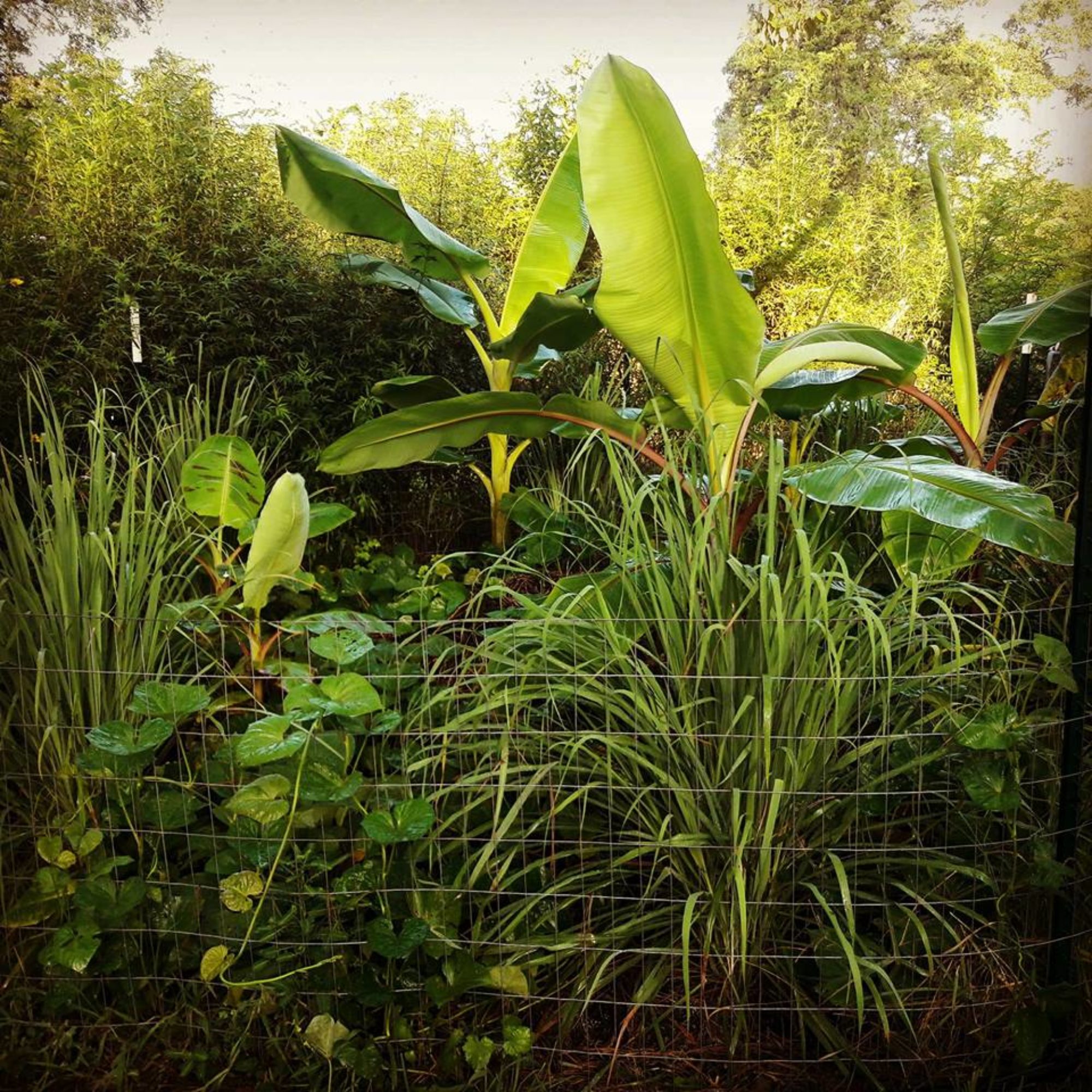In my previous post, I discussed the Permaculture Design Course model in detail, listing some of its benefits and shortcomings. I also briefly mentioned WWOOF volunteering (Willing Workers On Organic Farms), explaining that while WWOOFing may be free, it usually falls short of actual instruction, yet may still take up your time.
Luckily, there is a happy medium between expensive design courses and long hours of labor as a volunteer: the Weekend Workshop model.
In my opinion, the Weekend Workshop combines the best of all worlds.
The permaculture weekend workshop:
- Is short, lasting one or two days, and self-contained – it is distinct from taking ‘course modules’ serially on weekends
- Contains a mix of practical work and instruction
- Is typically quite affordable to attend
- Tends to be located in or near a city
- Attracts quite a mixture of participants, varying substantially in skills and experience
- May encourage people to bring and share food, rather than being professionally catered for
- May often cover or focus on a specific topic or skills – I shall give some examples below
- Tends to be semi-structured with a flexible timetable, allowing participants’ interests and questions to take more time than they might in a formal course
- Promotes engagement, participation and peer-learning
The format is not without its disadvantages – for example, one has to be feeling ready to socialize in order to get the most out of these events, since you don’t study the material, but you actively engage in learning the material in groups, and you won’t learn as much by standing in the background or avoiding participation. I myself am fairly introverted, so I have some days when I do not feel like participating in the foreground and other days when I am perfectly in the mood to learn in this way. On occasions where I do feel in the mood, I have had some truly joyous interactions with people. In the words of Josh and Imraan, the founders of Cape Town-based workshop hosting company Guerilla House, “In the urban context, humans are a major and critical part of the ecosystem. This is why we love our weekend workshops so much – we get to foster connections with so many incredible humans”.
In Cape Town, South Africa, I would often attend weekend workshops, such as those hosted by Guerilla House, to keep my permaculture knowledge up-to-date and to add skills to my repertoire. At other times, when there were community events being held, I would present on topics that I knew well. In this way, audiences can form around topics of interest and get to know other people in their surrounds who had similar interests. Using weekend workshop models is a great way to get lots of people interested in permaculture, and such events are much more inclusive than courses, being inexpensive, held on weekends, and not requiring an extended time commitment. This allows people from disadvantaged backgrounds to participate fully, which is an extremely important consideration in economically unequal Cape Town. Three organisations that frequently create such events are the aforementioned Guerilla House, Tyisa Nabanye, and the Permaculture Research Centre.
I can say that weekend workshops that I have attended have been co-creative, participative experiences, in which not only the organizers of the event are responsible for the learning, but that everyone who came has had something to contribute. On occasions that I was feeling shy, I would sometimes leave early – but overall, I would rate the experiences as joyful and educational, and a good use of the money I spent on attending the events.
Some examples of permaculture-themed workshops both practical and theoretical that have been held in Cape Town so far, include:
- Introduction to Urban Gardening
- Square foot gardening
- Composting at home
- Plant Propagation and Nurseries
- Grow your own Mushrooms
- Herbal Medicines
- Community Conflict Resolution
- Community Decision Making
- Household Water Conservation (particularly important as Cape Town is undergoing a drought)
- Build your own Geodesic Dome (a good place to house chickens or start a nursery)
- How to make fermented foods at home
- Making your own soap
- Introduction to permaculture theory
- Plastic upcycling
- Aquaponics systems
- The theory of ecovillages
- How to curate your own weekend workshop
From the list above, you should see that with a sufficient imagination, the list of possible workshop topics could go on and on. Some of the courses, such as gardening and propagation, tended towards the highly practical, and others, such as those themed around ecovillages and permaculture education, were mostly theoretical.
Another clear theme that emerges from the list above is that the skills are based around our own households and local communities, rather than grand, idealistic plans that permaculture may otherwise be known for. The interventions described above tend to be low-cost and require a relatively small amount of time invested. Even aquaponics (a combination of aquaculture and hydroponics), perhaps the most expensive direct project on the list, does not require a particularly huge capital outlay.
A final point of relevance is that each skill you pick up from this list helps you on a journey to self-sufficiency, which may help you save money, and could even assist you in finding a new hobby or passion.
Would you like to attend such a workshop? Do any of the workshops on the list sound interesting to you? Would you like to share any ideas for workshops that I haven’t listed here? Let us know in the comments below.
